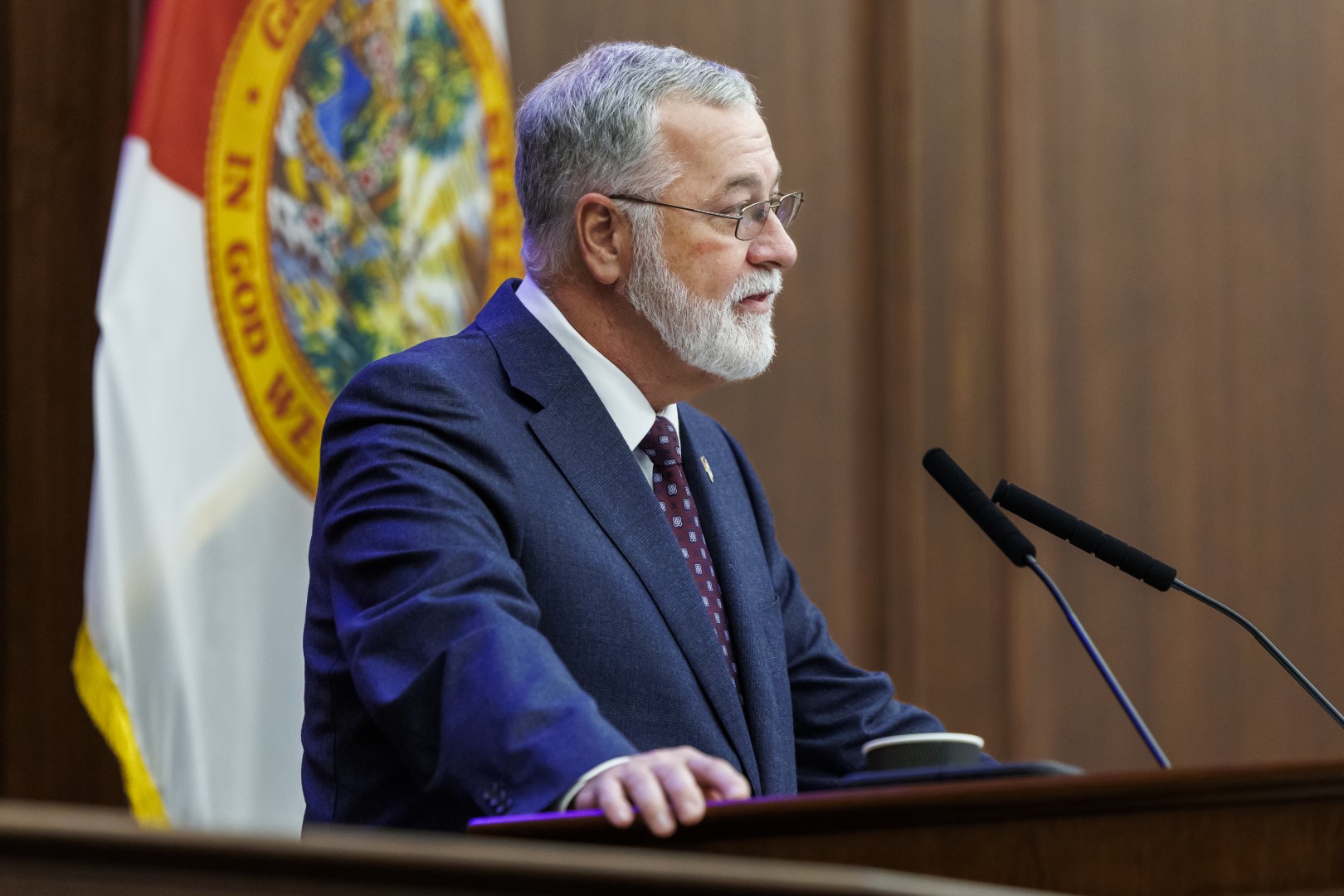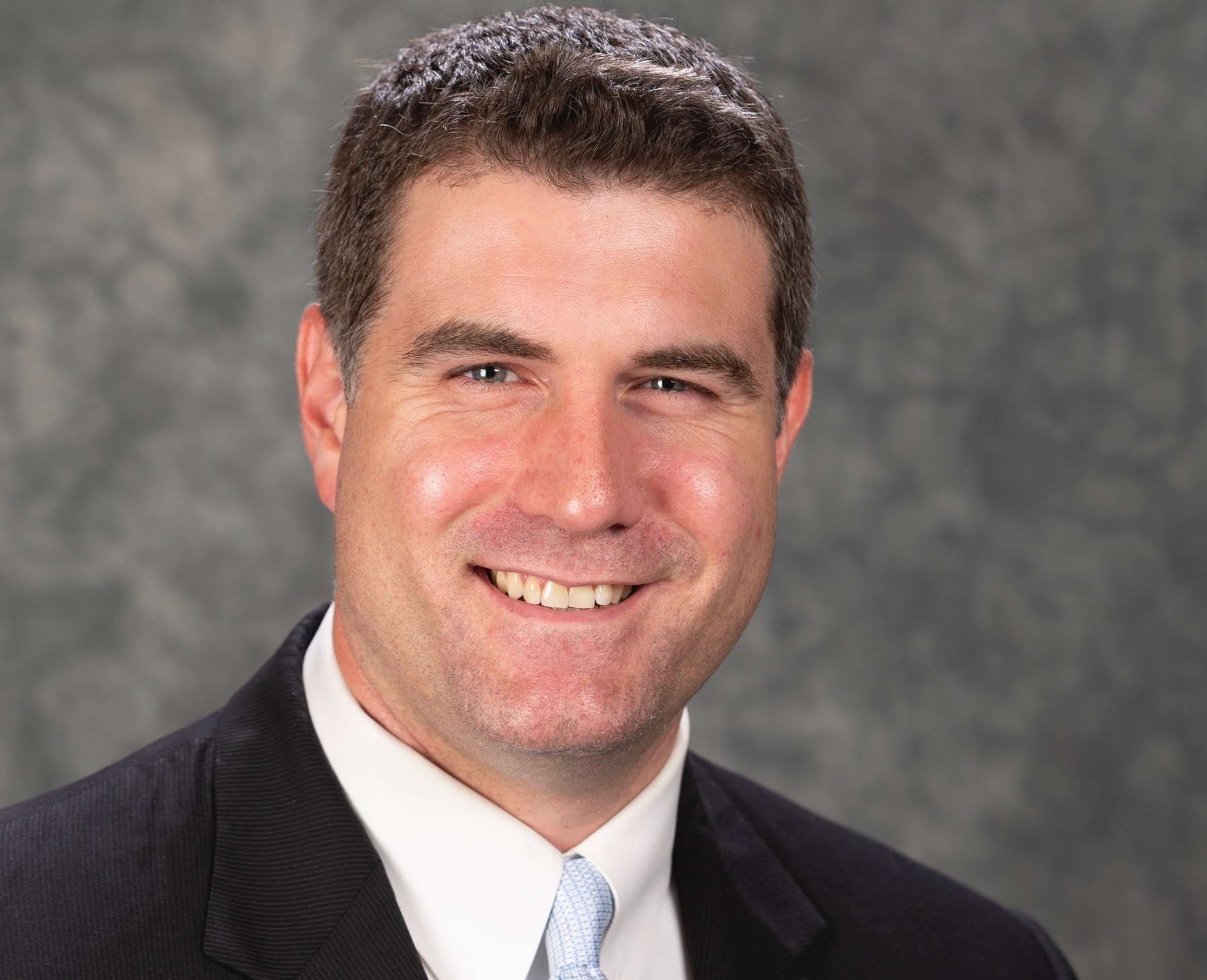Orange County Commissioner Christine Moore has filed to run for Apopka Mayor in 2026.
Moore, who is in her second term on the County Commission, said there needs to be a change in leadership at the city level.
“The city has had a lot of trauma, a lot of problems,” Moore told Florida Politics. “I’d like to get in there and bring the rancor and ill will down, and move toward creating a beautiful downtown together.”
Apopka’s City Election will be held March 10, 2026. The mayoral post will be up, as will City Council Seats 1 and 2. Moore is the first candidate to file for a city office in that election. Mayor Bryan Nelson has not announced if he will seek another term.
Moore announced her candidacy for the city office Monday. With the election in March, the County Commissioner will need to resign from her current term on the Commission, which runs until November 2026. That resignation cannot be revoked regardless of the city election turns out
Moore intends to stay in office until April 2026, when the next Mayor of Apopka takes office. Gov. Ron DeSantis may appoint another Commissioner to serve out her term. That happened in 2018 after Nelson, also a County Commissioner when he first ran for Apopka Mayor, resigned from his county seat. Then-Gov. Rick Scott named Rod Love to serve out Nelson’s term.
Love did not seek election to a full term, and Moore won the District 2 seat on the County Commission in November 2018.
More previously served on the Orange County School Board from 2009 through 2018.
She has also been a music teacher, professional musician and real estate investor and has lived in Apopka for 35 years.
She listed accomplishments during her term in office including a $125 million Orange County Utilities septic-to-sewer program to improve water quality and protect Wekiwa Springs. The county recently celebrated its 500th home conversion as part of the program, which long-term plans to convert 2,000 homes to sewer service.
She said she secured state dollars to improve stacking at the State Park entranceway.
Moore also pointed out that more than 424.7 acres of conservation land in District 2 were preserved, including Greeneyes, Lake Lucie and Sandhill.
Additionally, she supported a rural boundary preservation amendment passed in 2024.
Moore was also instrumental in the Magnolia Park upgrades, including an eco-education facility.
The Commissioner said she had largely focused on infrastructure and will attend a ribbon-cutting at a new bridge next week on U.S. 441. She voted to fund the Accelerated Transportation Safety Program for streetlights, safety improvements and missing sidewalks.
Moore led the effort for the county to fund a Northwest Orange Comprehensive Area Transportation Study.
“I am going to do a lot to increase the pipeline for talent and city involvement,” she said. “It’s been a city really run by one person, and we need to broaden and bring more people to the process.”
Post Views: 0

 Entertainment8 years ago
Entertainment8 years ago
 Politics8 years ago
Politics8 years ago
 Entertainment8 years ago
Entertainment8 years ago
 Entertainment8 years ago
Entertainment8 years ago
 Tech8 years ago
Tech8 years ago
 Tech8 years ago
Tech8 years ago
 Tech8 years ago
Tech8 years ago
 Politics8 years ago
Politics8 years ago











